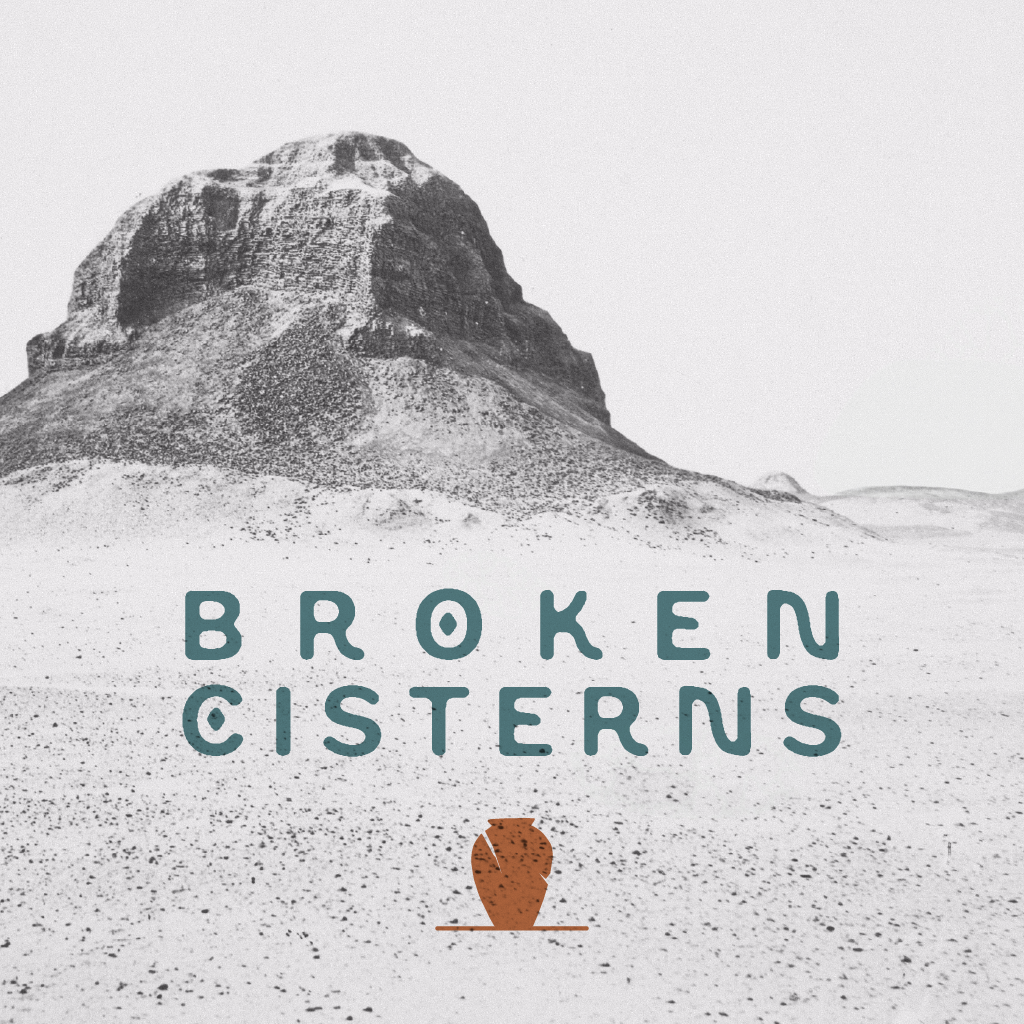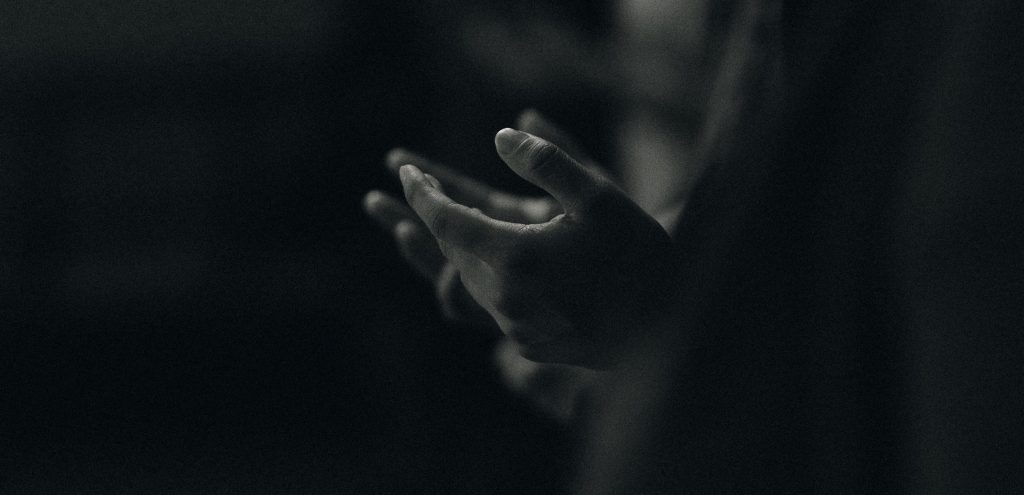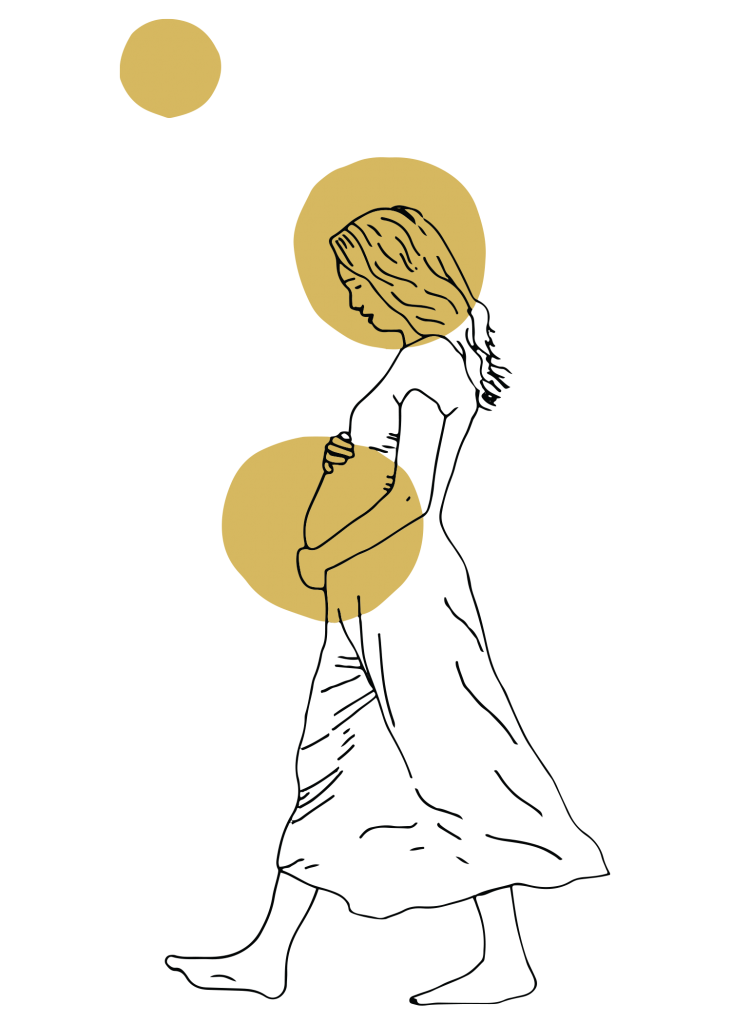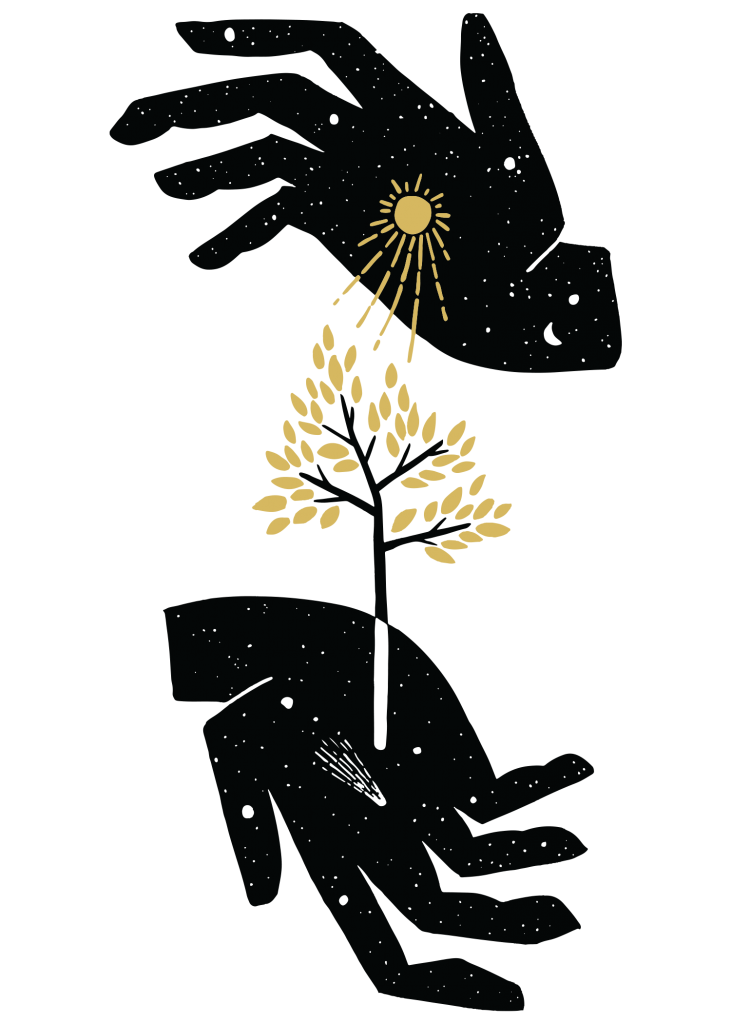Prayer Resources
1. PDF Prayer Books
Many times we desire connection and closeness with God, but it can be difficult to pray. We’ve written these prayer books to provide the language and space for us to cultivate intimacy with God in the quiet places.
Drawing Near to God
Verses and Prayers for when we feel far from God. These prayers were written to help us to seek after God and draw near to Him.
Printer Friendly PDF
Healing Prayers for the Journey
Verses and Prayers for when we or our loved ones are in need of healing. These prayers and verses were written and chosen to help provide the language as we journey through sickness.
Printer Friendly PDF
Prayers for Parents
Prayers to bless and intercede for our children. These prayers were gathered and written for parents to pray over their children as they grow in the Lord.
Printer Friendly PDF
Ephesians Prayers
Prayers for reflection, remembrance, and prophetic proclamation written during the Ephesians Series.
Printer Friendly PDF

Ash Wednesday 2023 Confessional Prayer
A guided confessional prayer to help you reflect on the sins you have committed—through either commission or omission.
Printer Friendly PDF

Personal & Communal Prayer Guide
A practical guide to help us make prayer a daily habit in every part of our lives.
Printer Friendly PDF
2. Stations of the Cross Audio Liturgy

Scripture, reflection and promptings to walk with Jesus as He journeys to the cross. This guide helps us grow in our love and adoration for Him.
3. The Art of Closing A Chapter with God

We can often get stuck in grief or regret when we don’t invite God into certain seasons in our lives. This is a resource designed for those ready to close a chapter prayerfully with God, so that we can heal and grow in hope and faith.
4. Kindling Prayers

Prayer Page | Guide | PDF
For the times we desire to pray but lack the vocabulary. In this resource, you’ll find a guide to lead you as you pray. These are called Kindling Prayers as they are meant to spark a fire of worship and prayer from our hearts based on the truths of who God is.
5. Commands of Christ

https://www.ekkopractices.com/
As Christians, we are called to be like Christ. But oftentimes, we don’t know what is commanded of us. This resource is created to help us practice Christ’s 49 commands. As we understand His nature and practice his ways, we are formed into His image.
6. Lent Podcasts

For the times you want to be led in prayer and devotion, we have recorded three seasons of Lenten Devotionals that can be used as an audio guide in prayer and meditation.
• Fruits of the Spirit | 2018
• Fasting & Feasting (JOY) | 2019
• Spiritual Discipline Leads to Freedom | 2020
7. EKKO Worship
Praise by EKKO’s Worship Team. For the moments you want to be led in song into God’s presence.
Examen
Advent Devotional: Week 4
Every holiday season, my family celebrates Christmas by joining the rest of our relatives (usually 25 people strong) at my uncle’s house in Corona. It’s usually an all-day occasion where we eat a hodgepodge of Korean and American food, rant about how difficult it is to raise Korean children immersed in a western society, and practice the time-honored tradition of discussing which hypothetical RV we should purchase for our hypothetical cross country road trip. But like many families this year, our holiday traditions had to take a hiatus for 2020.
The COVID-19 pandemic, racial and political strife, and the disorientation of our normal everyday rhythms; all these issues find us, intensified, right here during the holidays. So while going through the Advent season this year, it was difficult to have a glimpse of what Hope, the coming of the Messiah, Emmanuel (“God with us”) would look like while our nation is hurting, while our community is hurting, while I’m hurting.
So as I reflect on the times surrounding Jesus’s birth, it’s hard not to see it through the lens of what we’re going through today. We find Mary and Joseph in dire straits as King Herod searches for and attempts to kill their child. He goes insofar as to make a decree to execute all first born males in the land. It forces Joseph, Mary, and Jesus to flee to Egypt and live as refugees, ironically in a land where God had delivered His people from before. We see a similar situation occurring right here in our backyard: a humanitarian crisis at our borders as parents and children are forcibly separated, leaving hundreds of children unattended, many of whom are still seeking to reunite with their families. Globally, we see the pandemic raving countries; nationally, we see a deeply polarized nation amid the contentious elections, protests and violence—people are exhausted.

Imagine the struggles of Jesus’ very own mother as she is given a weighty promise—a virgin who will bear a child who would become the Messiah. Mary’s reputation was on the line because she was a betrothed woman who is also pregnant with a child not from her future husband. Joseph even tries to quietly divorce her until the angel of the Lord speaks to Him. I resonated with Pastor Bryan’s thoughts that Mary could have felt confused and anxious at the prospect of danger and death.
In early April, while entering my third trimester of pregnancy, my COVID-19 test came back positive. I contracted it from my workplace—a few weeks before I would be taking my maternity leave. During my several weeks of isolation, I worried and prayed that nothing would happen to my child. I remember crying out to God asking for protection and couldn’t help but feel shame for contracting this virus. I felt powerless as I felt my child’s life was in His hands, that all control was stripped away from me.
It is exactly in this tension that Jesus injects himself into the narrative. As Pastor Bryan said, “God came, not over and against dark times, but into it.” Jesus’s birth informs us that He Himself did not circumvent around this darkness, but was thrust into all the pain, the mess, the despair.
“Dark times is the womb in which His Son and His Plans are birthed. That’s why Christians adorn the darkness instead of avoiding it.”
— Pastor Bryan Kim
We adorn the darkness because Jesus Himself is the Light that is with us.
We adorn the darkness because we can celebrate what it meant when Jesus came into this broken world.
The coming of Jesus shows us that though we are blighted by the sin that abounds in the world and in us, He comes to save. With this in mind, we can process the negatives with the positives—sorrows and joys, afflictions and gratitude, lament and healing, death and resurrection.
And yes, He is present and active in all of those moments! He understands all of our temptations, trials, and laments because He himself came and lived in human form. He is with us in our mess, but also has the power to pull us through to glory.
Society’s desire for a utopian world, especially in our Post-Christian culture, tells us we need to avoid the dark and strive to live only on the other side of it. However, the darkness can also be a place where we can finally get in touch with our humanity, where we remember that Christ has come in human form to empathize with our weaknesses and has been tried in every way. We may be brought low, rendered powerless and stripped of pretenses… However, it is in this place we are offered an opportunity to rework the very foundation of how we find ourselves with Emmanuel.
What are these times of pain, lament, and unwelcome situations that you find yourself in?
What are some of these areas of mess and despair in which you would like to invite God into?
Take a moment to slow down, pause, and imagine God being present with you in those moments.
Even though Jesus entered into our broken world, God’s loving gaze was fixated on him, unwavering. Can we also dare to trust that God is with you and me in the middle of crisis?
Janie Yoo is an occupational therapist who serves as a part of the Orphan Care Ministry at EKKO. She and her husband, Steve, recently welcomed their son Jonah to the world. She also attends Portland Seminary, studying for her Master of Arts in Spiritual Formation.
The artwork used today was from Scott The Painter. Used with permission.
Adorning the Darkness
Expect the Unexpected (TJ Moon)
Advent Devotional: Week 3
It’s been an incredibly noisy year. We have been inundated by tragedy after tragedy, felt anger and frustration boil over onto the streets in response to injustices—all with the chaos of a global pandemic. It seems as though everyone has pledged allegiance and started campaigning for certain causes, political parties, and ideologies, made more piercing with the recent election.
Even in, or should I say especially in, Christian spaces, it is troubling to navigate the loud voices of various camps.
There is a need to be heard and to be right.
I’ve been reflecting on Zechariah’s story, which begins with its own “noises.” As the “chosen” priest, he is expected to bring the people a word from the Lord, while dealing with the pain and—most likely—shame of not having a child. But there is something refreshing about Zechariah’s interaction with Gabriel the angel. Though esteemed as blameless and “righteous before God,” Zechariah has a moment of doubt and questions Gabriel. Even with the title, the authority, and an audience, he does not put on an act or pretend he knows all the answers. Instead, through his question to the angel, Zechariah confesses his weakness, exposing his humanity.
We usually talk about Zechariah’s silence in terms of punishment—and it is (nine months is a long time—trust me, I know)! But could it also be an appropriate response when we are at our most human: doubtful that God’s promises are true, angry at the current situation, or unable to love certain people? What does it mean to be silent before God? In his sermon, Pastor TJ points us to Proverbs 3:5-6:
“Trust in the Lord with all your heart and lean not on your own understanding; in all your ways submit to him, and He will make your paths straight.”

We quote this passage often—how many proverbs come to mind before this one? Yet I find it extraordinarily difficult to put into practice. In a society where the voices of so many are dismissed, and we, ourselves, may have been silenced before, I know it is imperative to cry out against the evils of injustice.
But choosing to respond first with silence before the Lord does not equate to apathy. It allows us time to listen at the feet of Jesus, and allows the Holy Spirit to transform our hearts. Pastor TJ says, “It’s a surrender of our own will and one of the most important lessons that we will learn as a Christian, to be like Christ who prayed: ‘And yet not my will, but yours be done.’”
Sometimes, God can use our silence.
God chose to mute the one man to deliver his message, creating a deafening pause among the entire community. For nine months, people were as expectant for a move of God as Elizabeth was pregnant. The story crescendos into the most beautiful climax with God setting the stage for the baby who would herald the coming of His only begotten son, and Zechariah, full of joy and bursting with praise.
In which areas of your life do you need to relinquish control? Maybe it’s refraining from asserting opinions or agendas; maybe it’s ceasing to manage how others perceive you; or maybe you’re relying too heavily on your own understanding. What would it look like to begin 2021 in silence? Let us, as the People of God, be the first to confess our weaknesses to God and each other, rather than add to the noise. Let us wait before God in anticipation of downloading His heart. On the other side of our silence, let us find ourselves like Zechariah, confidently trusting in the Lord with praises overflowing from our lips.
Spend five minutes in complete silence. What epiphanies, revelations, understandings bubble up to the surface as your thoughts quiet themselves?
What things are troubling you? What is occupying residency in your mind and heart, for the worse? Write those things down; once they’ve all been written down, pray intentionally and audibly: “And yet not my will, but yours be done.”
Leslie MacDougall leads EKKO’s Intercessory Team with her husband, Kevin, as well as West LA 01 Ekklesia. They recently welcomed their first child, Wyatt, into the world. Leslie is currently enrolled at Portland Seminary for her Master of Divinity.
The artwork used today was from Scott The Painter. Used with permission.
Advent Devotional: Week 2
The night sky has always been one of my favorite sights. When I was growing up, it was a sky full of wonder. I remember I would eagerly await at night for my dad to tell me to sleep and close my room door. As the shadow of my dad’s footsteps faded further down the hallway I would stand on my bed, place my arms on the chilly sill, and admire the stars from my window.
In the moments now when I remember to look up, I find the night sky a beautiful mystery. In the void and empty space, the world is the darkest it will ever be, yet the luminous stars remind me it is never just dark.
This is the same evening sky the shepherds stood under thousands of years ago. For the shepherds, the dark sky was not an exciting getaway view to experience from inside an Airbnb. It was a familiar and cold setting they stood out under night after night. I imagine monotony is not too difficult for us to understand in this season of shutdowns and routines in the midst of the pandemic.
As we enter the story in Luke 2, we see routine become revelation as a silent night becomes a holy night. Illuminating the darkness and piercing the silence, the good news of Christ’s birth is first shared to nearby shepherds. It is in a night much like any other that God provides a revelation, a proclamation, and a promise fulfilled. These words carried a fervent and weighty anticipation as the shepherds hurried into Bethlehem to see this spoken word in the flesh.
The good news of Christ’s first arrival was hope for Israel then,
And it is hope for us all now.

As Pastor Joanne shared, “As the night gets long, we wish the night away. [But this] passage begins and ends in the same night. Our dark nights become something otherworldly when God breaks through and we take him at his word.”
As the shepherds were met with a hopeful message, we encounter the gracious message of Christ today in Advent. Whatever the night may mean to you: mystery, distress, monotony, distance, or darkness, the night is not the end. We have a God who breaks through the night and a Savior who rose before the third night.
God, You set eternity in my heart and You designed me for communion. In this separation, in this season, I’ve been walking, running, sitting, laying, doing everything in between. Life is full of it all: movement, breakthrough, silence, and stillness. Any distance I may think, may it not convince me that You are far. Any distance I may feel, may it not lead me to accept dissonance as reality.
We want to see You here and now in the high and low notes of what feels like a continuous reprise. We want our confession in these times to recapitulate our salvation story. We want to move with the pace your grace moves us in this faith journey. We confess it’s okay to walk when it’s time and to run when it’s time. But strolling in the dark without You is wandering and we want to come home.
God, draw near to me as I draw near to you and help me find Hope where I am today. May I see I have a God who shines from afar and up close. You are near to the confessors, the broken and contrite. Come and soften my heart. Come and clear my eyes. Help me to taste and see that you are God and you are good.
Amen.
Take a few minutes of silence to read Luke 2, to hold these truths and mediate on this good news.
Ask God to remind you of His promises that you may have forgotten.Reflect on what the “night” is for you and imagine what it might look like for God’s light to enter your “night” here and now.
Kathleen Kim is the Ministry and Project Coordinator at EKKO Church, where she coordinates the various threads of the church into one cohesive operation. She is currently enrolled at Talbot School of Theology for her Master of Divinity.
The artwork used today was from Scott The Painter. Used with permission.
Shepherd: The Dark Night (Joanne Moon)
Advent Devotional: Week 1
Before I gave birth, while I knew it would be painful and messy, I also imagined it as this sacred and awe-filled experience. As if heaven would part and I’d be carried by this swell of emotion and love and wonder. You always hear people saying that “it’s the best day of their lives” when their child was born, and so I imagined it as this transcendent moment to look forward to.
And it was, for the most part, many of those things, but it was also incredibly… ordinary.
And absolutely and unequivocally human.
In fact, I have never felt more human and more connected to my very skin than when I was gripping the hand of my husband and grasping for every breath as I pushed my daughter out. I realized that the wonder of a child being born is precisely because of how human and universal it is. It is both ordinary and sacred.

Going through childbirth firsthand has ushered in a new understanding of the Christmas story. It has invited me to reflect not just on the wonder of Jesus’ birth, but truly on the humanity, the mess and the goop of our savior’s birth. I imagine Mary as she labored in transit. As she clutched her stomach each time a wave of labor pain seared through her body. Her heavy breath as she pushed and pressed. What did our young virgin teen Mary say to herself as she tore and trembled to bring this strange and enigmatic miracle into the world? What did it sound like when Jesus let out his first cries?
The first chapter of the Gospel of John says it so beautifully: “The Word became flesh and blood and moved into the neighborhood. We saw the glory with our own eyes…”
While I know that Jesus is God, I often forget that he was fully human. I tend to imagine him to be some kind of “elevated” human.
But he was a man.
Enfleshed.
He had scars before he went to the cross from learning how to walk and how to run.
Pastor Isaac said this so poignantly in his sermon, “Someone who was cosmic and otherworldly and beyond our understanding translates himself into our context—he moves into our world with skin and bones and flesh and blood and enters into our story.”
What does it say about our God who would enter into the world through the vulnerability and clumsiness of humanity? Our Savior who willingly entered into our mess—yes, to die, but also to live a full life of faithfulness, obedience and love for us. To show us the way of being truly human.
This season, as we sing carols and remember the arrival of our Savior celebrated on Christmas day, may we remember what it means when we say, Emmanuel—”God with us.”
God-Among-Us,
We recognize your Presence here.
Thank you for reminding us
That you are not distant or far away
But that even now
Your voice is speaking more clearly than ever.
In Jesus’ name we pray,
Amen.
Meditate on John 1 this week. What does it mean for God to be with us in the every day, every moment of our ordinary, yet sacred life?
What moments in your life feel ordinary, boring, even frustrating? Ask the Lord to reveal to you where He is present in those moments, and offer him thanks when he does.
Heidi Kwon is the Liturgist at EKKO Church, where she imagines and creates language for members to pray, listen, and be shaped by prayer and Scripture. She and her husband, Daniel, recently welcomed their daughter Maya.
The artwork used today was from Scott The Painter. Used with permission.





